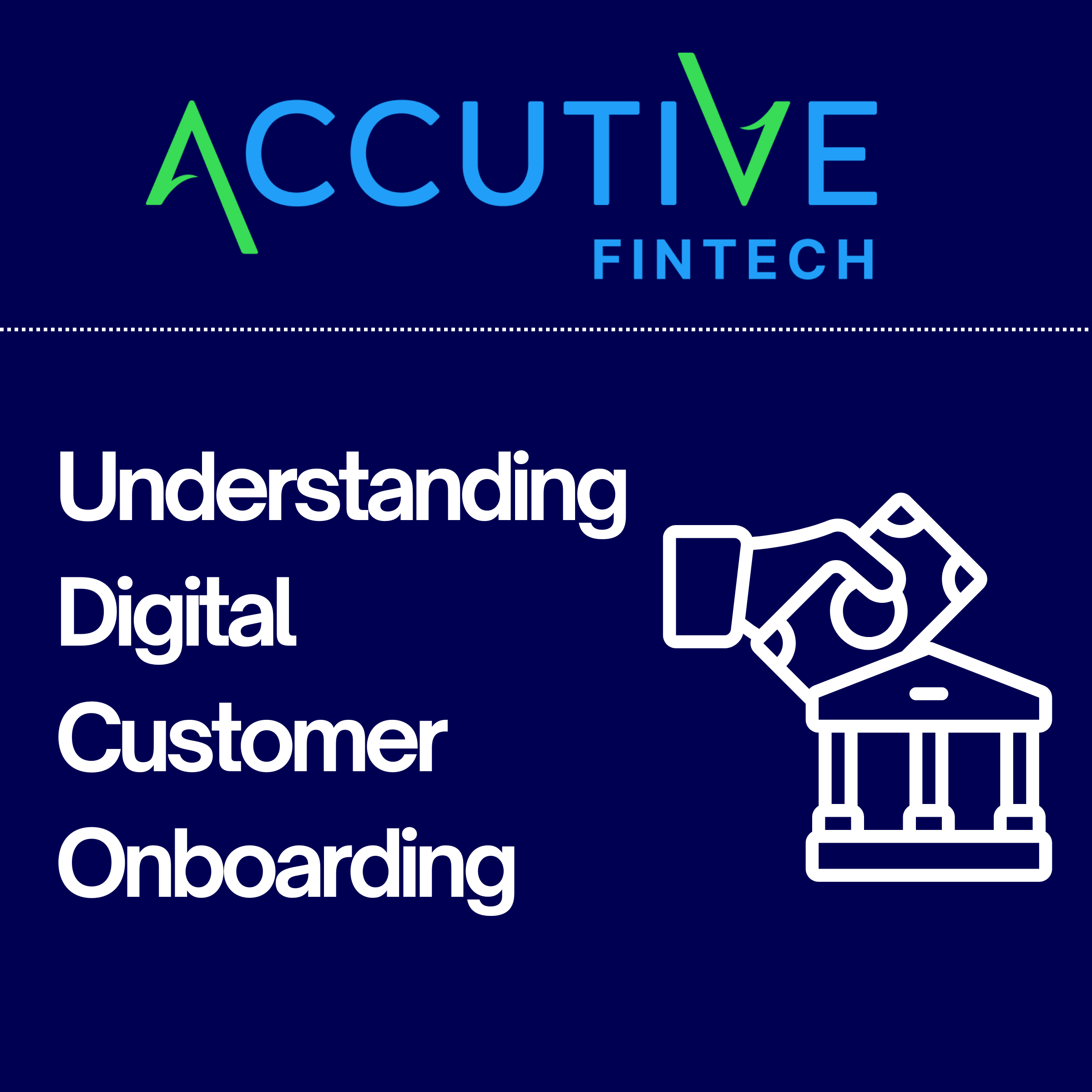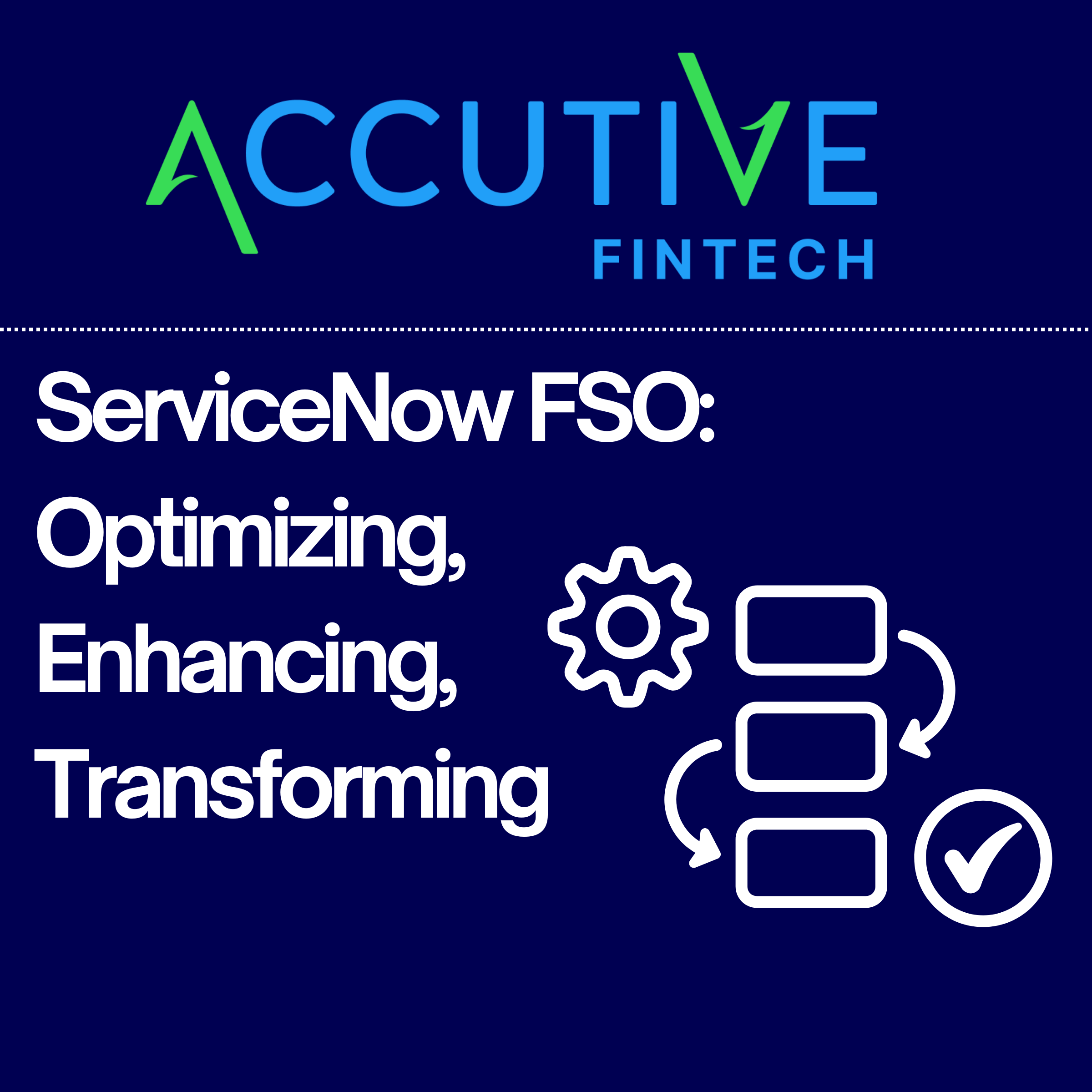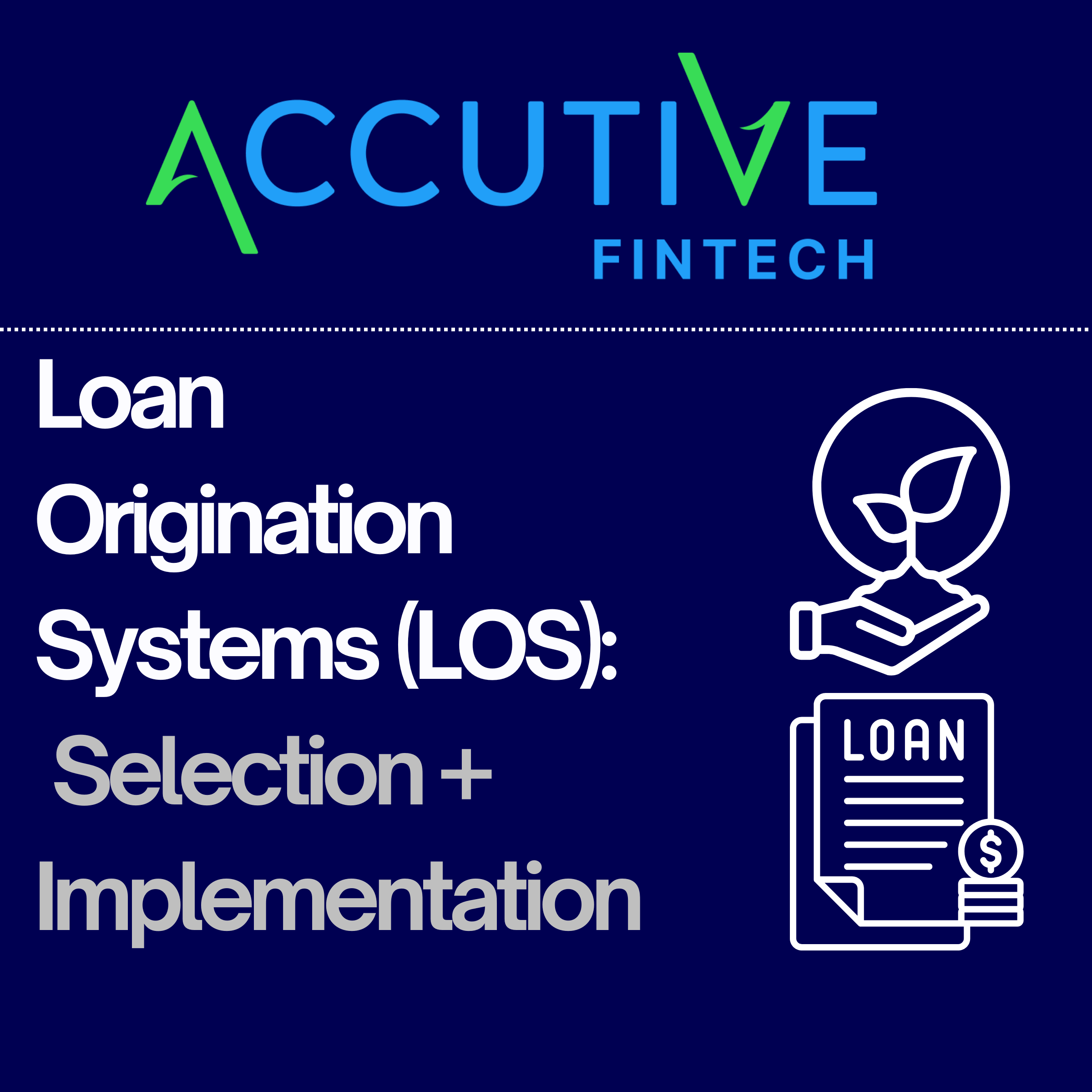Rethinking Business Processes: Credit and Compliance Due Diligence in Commercial Banking
Customer due diligence processes are critical for assessing creditworthiness and ensuring regulatory compliance in commercial banking.
Traditionally, credit risk management and compliance organizations have maintained separate processes for both new customers and periodic reviews. Yet, significant overlaps in research requirements and information sources suggest obvious opportunities for coordination.
Commercial banks can realize significant benefits by combining formal KYC and more general due diligence activities to achieve economies of scale, lower the error rate, and enhance customer satisfaction, especially in high-volume scenarios with limited resources.
Context
Supervisory focus on the Know Your Customer (KYC) concept started in the late 1990s with increasing money laundering incidents associated with criminal and terrorist activities. Since then, in a complex global financial environment, regulations and formal guidance codified KYC. Currently, FinCen, the OCC, the SEC, and the CFPB have implemented rules and expectations around the need for extensive due diligence.
While KYC as a term is most commonly used by compliance professionals, avoiding bad actor customers, combined with the need for a complete understanding of a customer’s structure, activities, ownership, and key employees, remains essential to credit risk management processes. Simply put, knowing one’s customer is an umbrella concept across risk disciplines for all lending institutions.
Current Approach
Many commercial banks maintain distinct credit and compliance due diligence teams or departments. The credit team focuses primarily on evaluating customers’ financial health, repayment capacity, and risk profile, while the compliance team focuses on ensuring legal and regulatory (BSA/AML) requirements adherence.
With two independent processes, these separate teams may duplicate efforts and produce fragmented information gathering, along with introducing potential inefficiencies and data errors.
The Case for Integration
Integrating KYC, credit, and compliance due diligence processes allows banks to effectively leverage existing resources and achieve economies of scale. Both credit assessment and compliance due diligence require similar, if not identical, research skills with overlapping information sources including financial statements, industry reports, legal databases, and background checks.
Combining these processes eliminates duplication, streamlines data gathering, and enables efficient resource allocation.
Enhanced Effectiveness
An integrated credit and compliance due diligence approach would enhance process effectiveness. Consolidating information and analysis enables comprehensive insight into the customer’s financial standing, risk exposure, and compliance record.
This holistic view delivers a more accurate assessment of the customer’s creditworthiness aligned with the bank’s compliance requirements while reducing the risk of missing potential red flags during isolated credit or compliance evaluations.
Reducing False Results
Separate credit and compliance due diligence processes sometimes produce false positives or negatives, which may lead to unnecessary onboarding delays and expose the bank to regulatory risks.
Combining these processes enables nuanced evaluations and minimizes false results by providing a more accurate picture of the customer’s financial stability and risk profile. Additionally, merged processes may accelerate compliance issue identification facilitating prompt action and reducing the likelihood of costly penalties or reputational damage.
The Importance of Scale
High customer volumes make the need for integrated credit and compliance due diligence processes even more critical. Limited human and technological resources can strain a bank’s capacity to conduct these processes separately while effectively assessing and monitoring numerous clients.
Combining credit and compliance due diligence, while automating key process steps and deploying advanced technologies like AI and machine learning, leverages economies of scale and enables strategic resource allocation to areas requiring human expertise.
Delivering Customer Satisfaction
Integrated credit and compliance due diligence can produce positive impacts on customer satisfaction by reducing repeated requests for information, redundant documentation, and onboarding delays.
The comprehensive understanding of customers’ financial and compliance status provided by integrated processes expedites decision-making and offers faster credit approvals, as well as saving time for both the bank and customer while enhancing the overall customer experience.
Instead of separate credit and compliance department representatives contacting clients for information, a single point of contact manages all inquiries delivering a more efficient, personalized, and tailored experience. This consolidated communication simplifies the process and fosters a stronger relationship between the bank and the customer.
Analyzing credit and compliance data together facilitates cross-selling and upselling opportunities for products and services aligned with customers’ financial goals and compliance requirements.
Reducing redundancies, expediting processes, and providing personalized experiences enhances the customer journey, builds stronger relationships and fosters customer loyalty in an increasingly competitive market.
Conclusion
In an era when risk management efficiency and effectiveness heavily impact commercial banking competitiveness, rethinking credit and compliance due diligence business processes is critical to success.
Combining these processes eliminates duplication and fragmentation while enhancing credit assessment accuracy and reducing compliance risks.
Effective resource allocation, with a more holistic approach, enables commercial banks to achieve economies of scale, streamline operations, and better serve customers while complying with regulatory requirements. It’s time to rethink how banks conduct KYC and credit and compliance due diligence to stay ahead of the pack.
About Accutive
Accutive empowers clients to succeed in the digital age with accurate and innovative services and solutions enabling our clients to achieve their digital objectives with outstanding results and client satisfaction on every project.
Digital banking, systems integration, data protection and cybersecurity: Accutive’s specialized teams, deep expertise, and unwavering commitment to excellence deliver strategic insight along with comprehensive solutions and services customized to be exactly what you need.
With more than a decade serving banks, credit unions, and financial institutions our expert consultants, industry advisors, and certified technical specialists always deliver.








